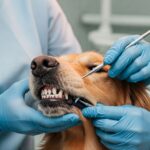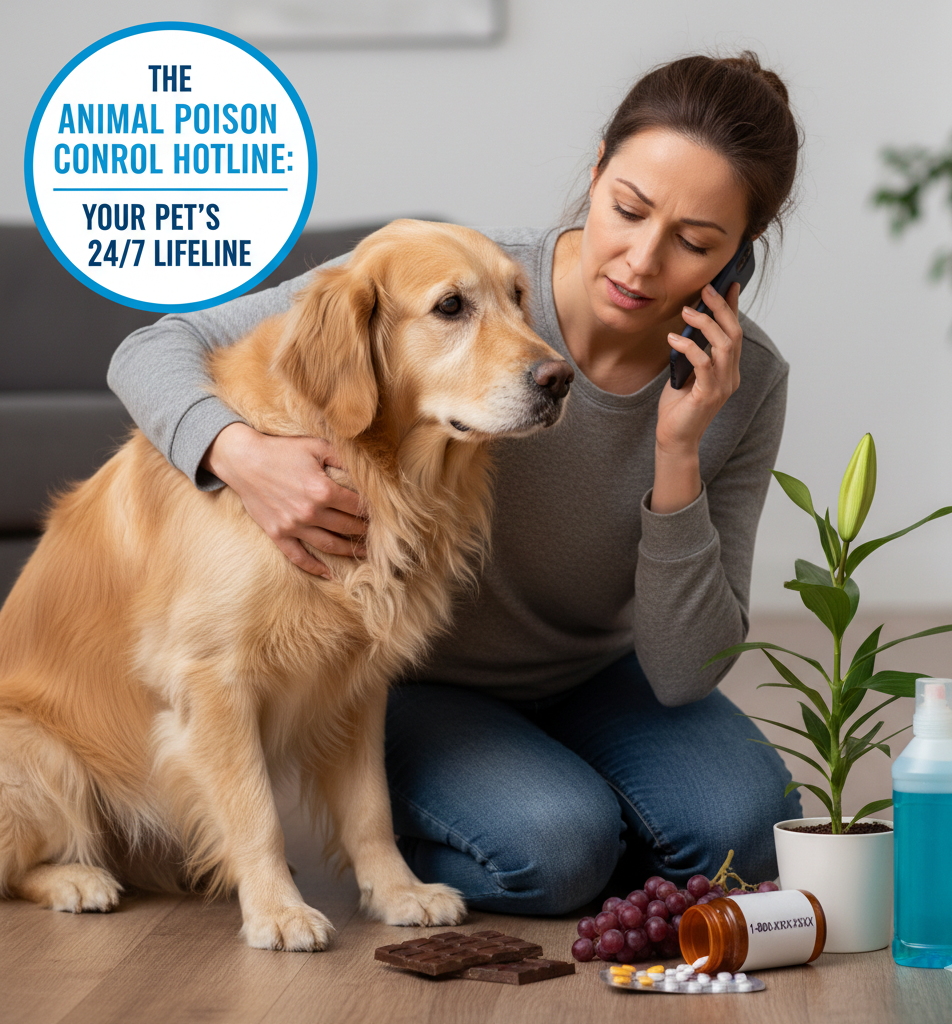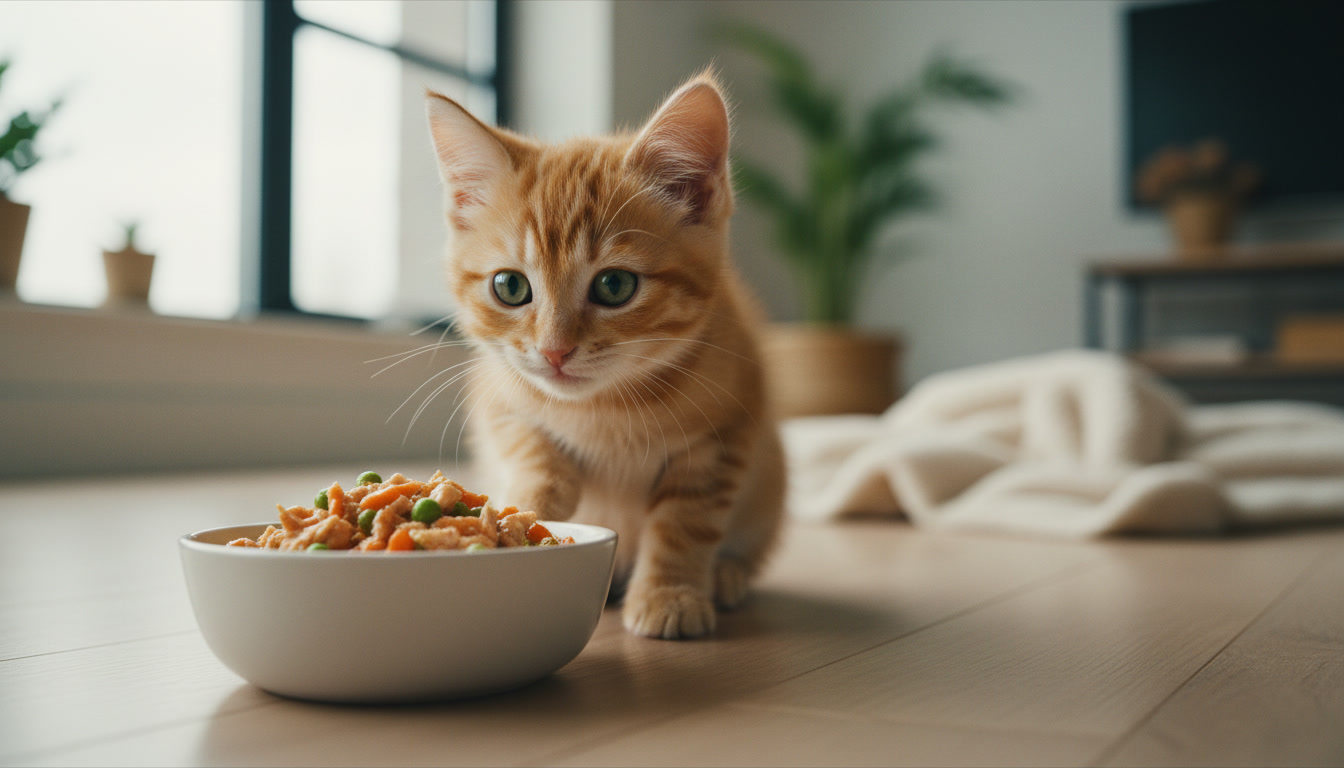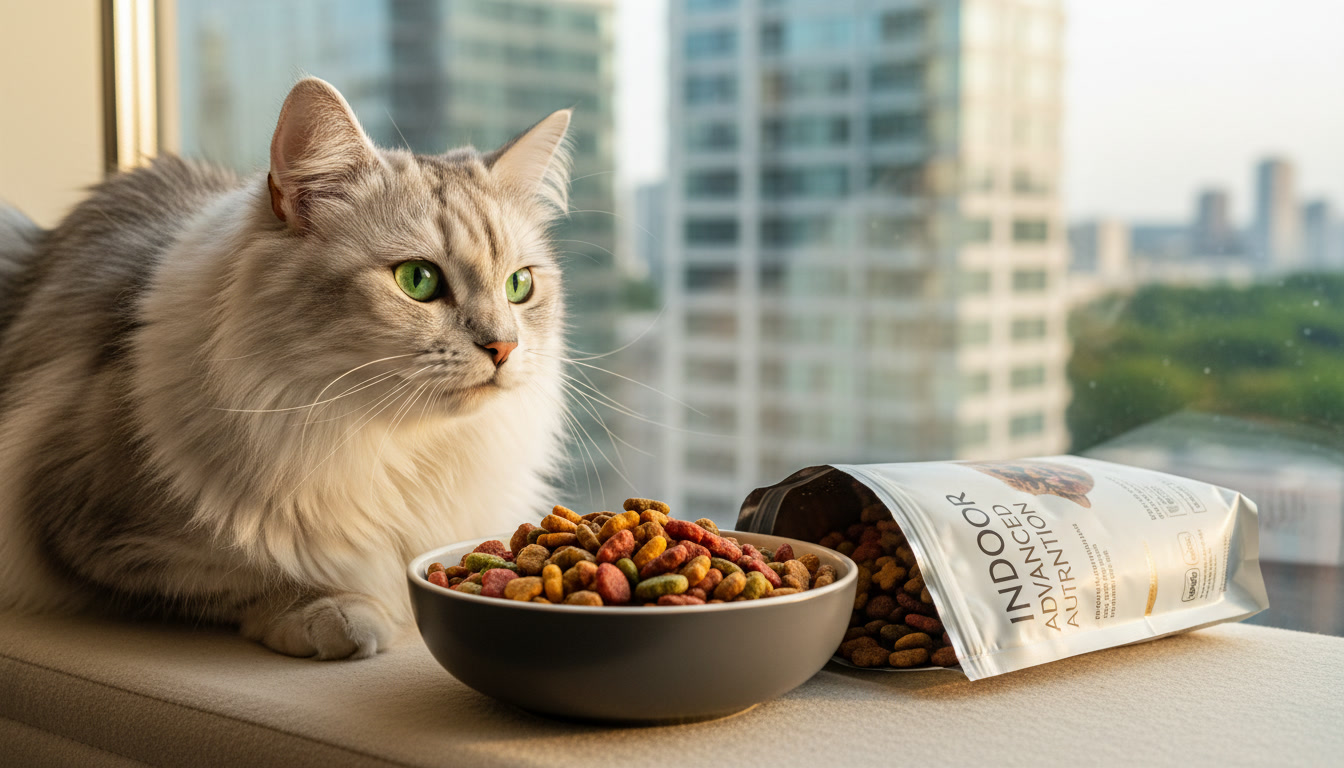Stay prepared Learn how the Animal Poison Control Hotline works, what common toxins threaten your pet, and the immediate emergency steps to take to save your furry friend’s life.
The Animal Poison Control Hotline: Your Pet’s 24/7 Lifeline
When a pet eats something they shouldn’t, the seconds that follow are often filled with panic and fear. Pet owners need an instant, reliable source of expert help. This is where the Animal Poison Control Hotline becomes your most vital resource. More than just a phone number, it’s a direct link to a team of veterinary toxicologists ready to guide you through a life-threatening emergency. Understanding what these services are, how they operate, and when to call them can dramatically improve the outcome for your beloved companion.
What an Animal Poison Control Hotline Is and How It Works
An Animal Poison Control Hotline is a specialized, -hour service staffed by licensed veterinarians and board-certified veterinary toxicologists. Their primary function is to provide expert, evidence-based triage and treatment advice for animal poisonings.
When you call, a trained professional will gather crucial information: your pet’s species, breed, age, weight, the substance ingested, the amount, and the time of ingestion. Using massive databases on toxicological data, the specialist assesses the severity of the risk and determines the immediate action required. This rapid, accurate assessment is often the difference between life and death. The service provides specific treatment protocols directly to you or your attending veterinarian, ensuring the fastest, most effective care is administered. Critically, these hotlines offer availability, meaning help is always just a call away, no matter the time zone or hour.
Identifying Common Household Toxins that Require an Animal Poison Control Hotline Call
Many of the most dangerous substances for pets are hiding in plain sight within your home. Knowing these common toxins is the first step in prevention, but recognizing exposure demands an immediate Animal Poison Control Hotline call.
Foods, Plants and Chemicals: Silent Threats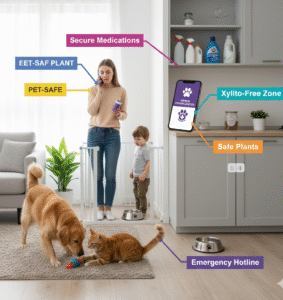
Common household toxins range from everyday human foods to garden plants. Foods like chocolate, grapes, raisins, xylitol (a common sugar substitute found in gum and peanut butter), and macadamia nuts are extremely toxic to dogs. In the garden, lilies (especially to cats), sago palms, and oleander pose severe risks.
Household chemicals, including antifreeze (which has a sweet, attractive taste), rodenticides (rat poison), and many cleaning products, are also frequent causes of poisoning. Always secure these items in high, locked cabinets.
The Danger of Medications
Human and veterinary medicines top the list of toxic exposures. Over-the-counter pain relievers such as ibuprofen and acetaminophen are profoundly toxic to pets, even in small doses. Never administer human medication to a pet without veterinary instruction. If your pet consumes any medication accidentally, this is an undeniable emergency requiring an immediate consultation with an Animal Poison Control Hotline specialist.
Emergency Steps: When to Call the Animal Poison Control Hotline
If you suspect your pet has ingested something toxic, time is the critical factor. Do not wait for symptoms to appear. The immediate steps you take can save your pet’s life:
- Stay Calm and Secure: Remove your pet from the source of the toxin and secure the remaining material to prevent further ingestion.
- Gather Information: Collect the container, packaging, or plant sample. Note the amount ingested and the time it happened.
- Call Immediately: The most important step is to call the Animal Poison Control Hotline. Do not attempt to induce vomiting or give any home remedies without their explicit instruction, as this can often cause more harm.
The professional advice you receive from the hotline is tailored to your pet and the specific toxin. They can tell you whether to head to a veterinary hospital, if specific supportive care is necessary before travel, or if the amount ingested was non-toxic.
Understanding the Signs and Symptoms of Pet Poisoning
While immediate reporting is best, recognizing the signs of poisoning is crucial if you did not witness the ingestion. Symptoms can vary widely but often include:
- Vomiting or diarrhea
- Lethargy or extreme hyperactivity
- Drooling, foaming at the mouth
- Unusual bruising or bleeding
- Seizures, tremors, or collapse
If you observe any of these symptoms and cannot explain them, assume a poisoning has occurred and contact the Animal Poison Control Hotline.
Local Vet vs. Animal Poison Control Hotline: Which to Call?
The primary difference lies in specialization. Your local veterinarian provides comprehensive medical care, but the Animal Poison Control Hotline specialists are board-certified toxicologists. They have instantaneous access to the latest research and specific antidotal treatments for thousands of substances that a general practice vet may only encounter a few times.
Calling the hotline first ensures you get the most accurate, specialized guidance before you arrive at the clinic. The consultation fee for the hotline covers this expert advice and includes follow-up calls and detailed case notes that can be immediately faxed to your veterinarian. This partnership between the hotline and your vet provides the highest level of emergency care.
Prevention and Preparation: Saving the Call
The best emergency is the one that never happens. Maintain a state of preparedness by following these preventive measures:
- Pet-Proofing: Store all medications, cleaning supplies, and chemicals on high shelves or in locked cabinets.
- Plant Awareness: Remove or replace any toxic house or garden plants.
While a consultation fee is associated with the hotline’s services, this cost is a small price for immediate, expert advice that can save your pet’s life and potentially reduce the complexity and expense of veterinary treatment. Being prepared with the hotline number saved is the final step in responsible pet ownership.
Frequently Asked Questions (FAQs) about the Animal Poison Control Hotline
Why do I have to pay a fee to call the Animal Poison Control Hotline?
The fee covers the cost of having board-certified veterinary toxicologists available hours a day, days a week. It pays for the extensive, continuously updated toxicological database they use to assess your pet’s unique situation instantly and provides continuous follow-up and detailed reports to your attending veterinarian, ensuring specialized care.
What critical information should I have ready when I call the hotline?
Have your pet’s species, breed, age, weight, the exact substance ingested (the container or wrapper is best), the approximate amount consumed, and the time of ingestion. This information allows the toxicologist to calculate the severity of the poisoning risk quickly and accurately.
Can the Animal Poison Control Hotline treat my pet over the phone?
No, the hotline cannot perform physical examinations or administer treatment. They are a consultation service that provides expert advice and a treatment plan. They will instruct you on the immediate emergency steps to take and coordinate with a local veterinary facility to ensure your pet receives the necessary physical care.





